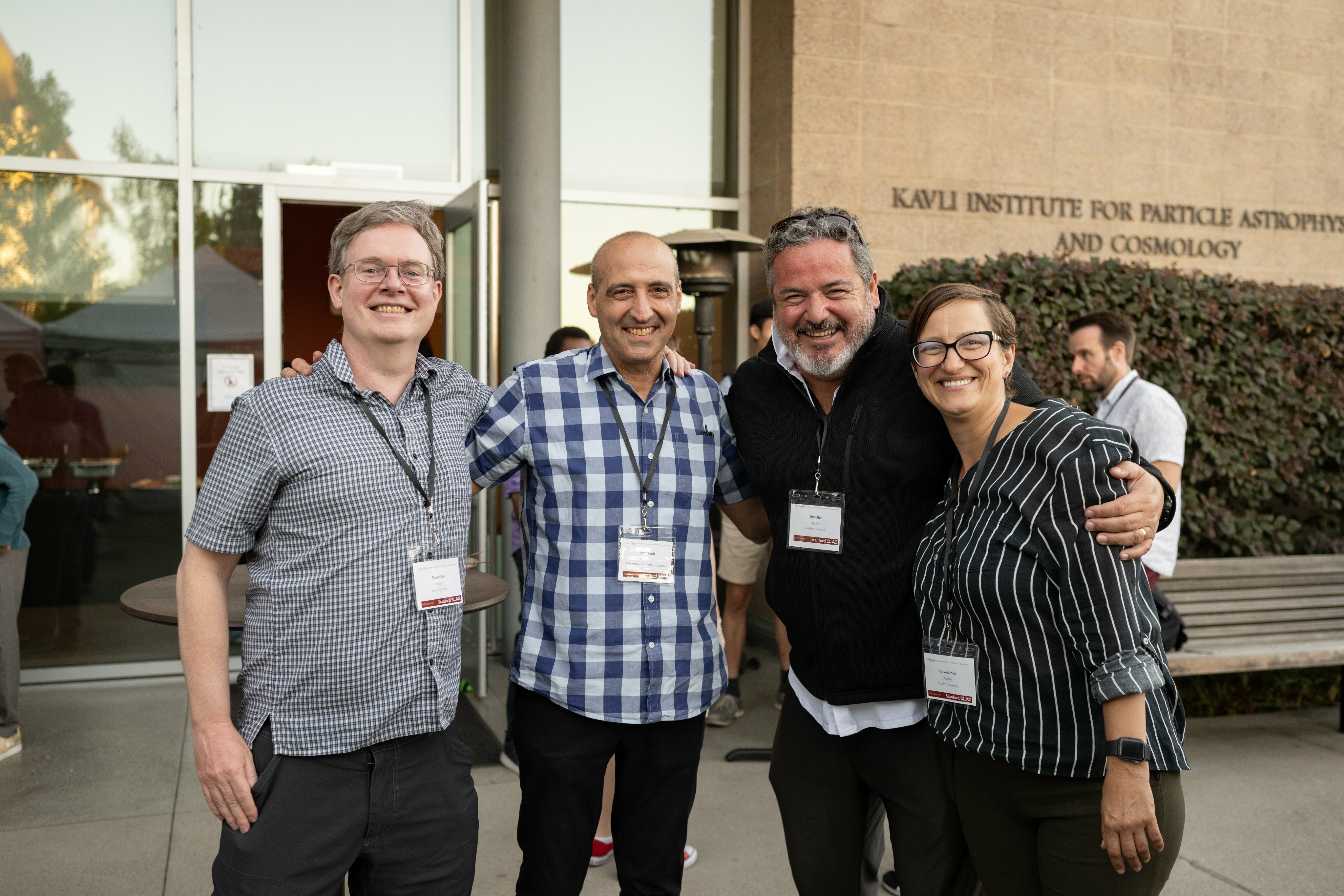The Kavli Institute for Particle Astrophysics and Cosmology Celebrates 20 Years
by The Kavli Foundation
Researchers share what they are excited for in the future

The Author

This year the Kavli Institute for Particle Astrophysics and Cosmology (KIPAC), a joint operation of the U.S. Department of Energy’s SLAC National Accelerator Laboratory and Stanford University, celebrates its 20th anniversary. Founded with a grant from The Kavli Foundation in 2003, the institute has been using theory, computation, experiments and observation to study the mysteries of the universe ever since. As the SLAC-Stanford institute celebrates its 20th anniversary, Director Risa Wechsler and other KIPAC researchers share what they’re most looking forward to in the future.
"We had a fantastic conference this month celebrating our 20th anniversary," said KIPAC Director Risa Wechsler. "It really brought to the fore three things for me: first, how exciting the next decade is going to be, with the incredible range of data coming from Rubin Observatory, other multi-wavelength data sets, and new instruments being built at KIPAC. Second, the remarkable impact that our alumni have had in the world, both in astrophysics and in many other areas that they have brought their training to. And third, the truly unique community we have built over the years at KIPAC, which I think is one of the best environments in the world for people to learn and make new discoveries together."

Among the institute's accomplishments over the last two decades are insights into dark matter, black holes, galaxy formation and the 14-billion-year-long history of the universe, but KIPAC scientists also have a lot to look forward to. Among the highlights: new telescopes, new synergies, and new ways to look at a whole lot of new data.
Read more to learn what other researchers are excited about in their fields and for KIPAC – from AI to data from telescopes.